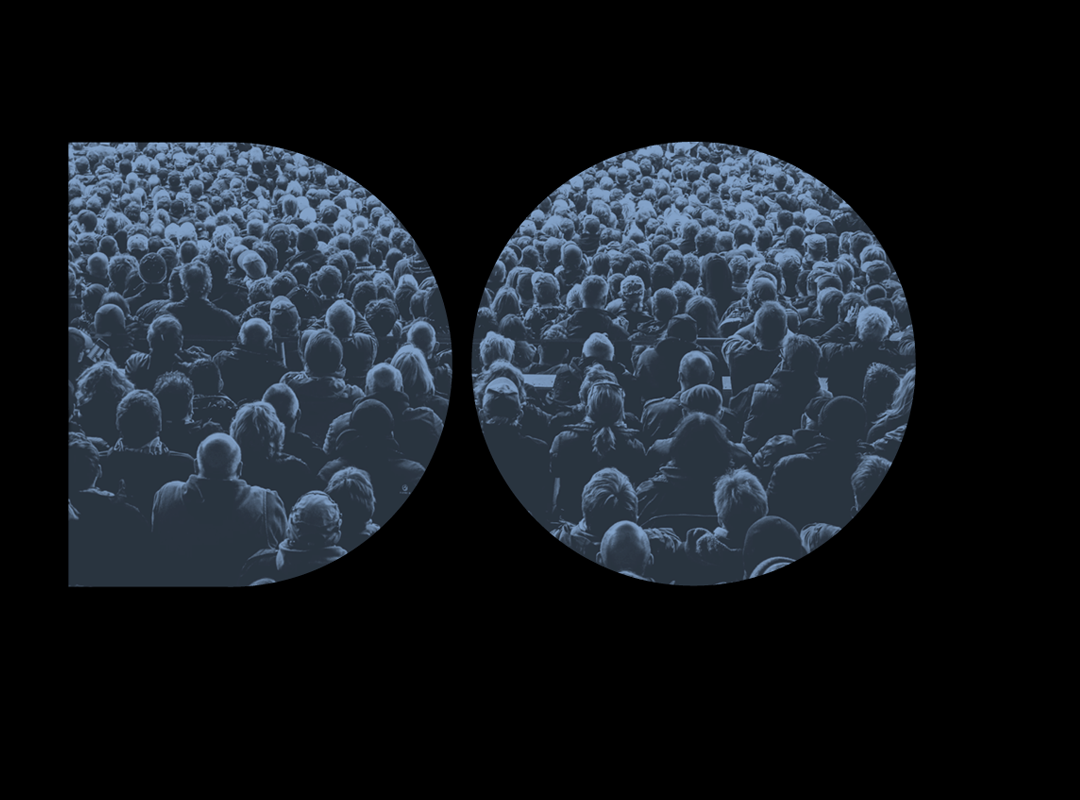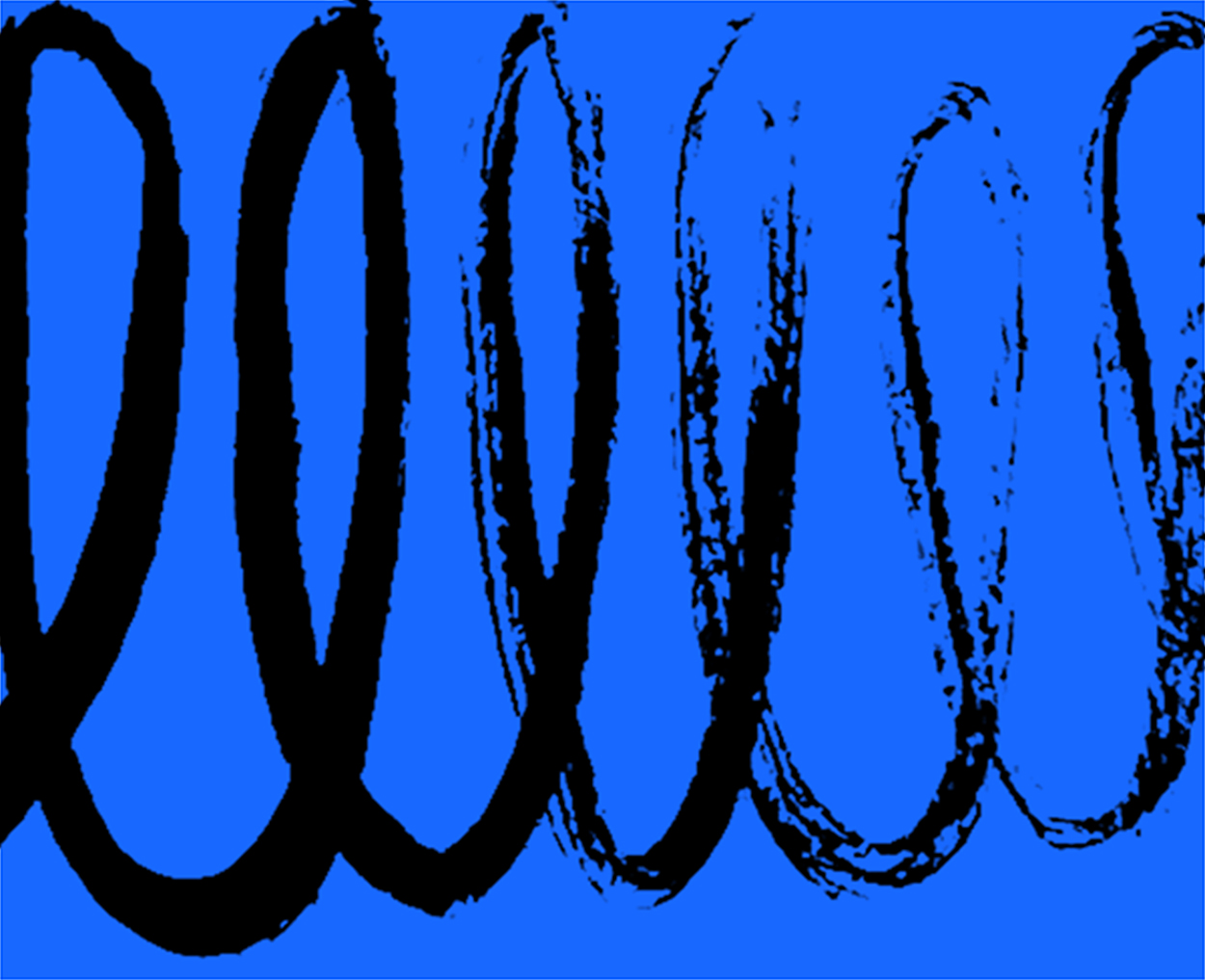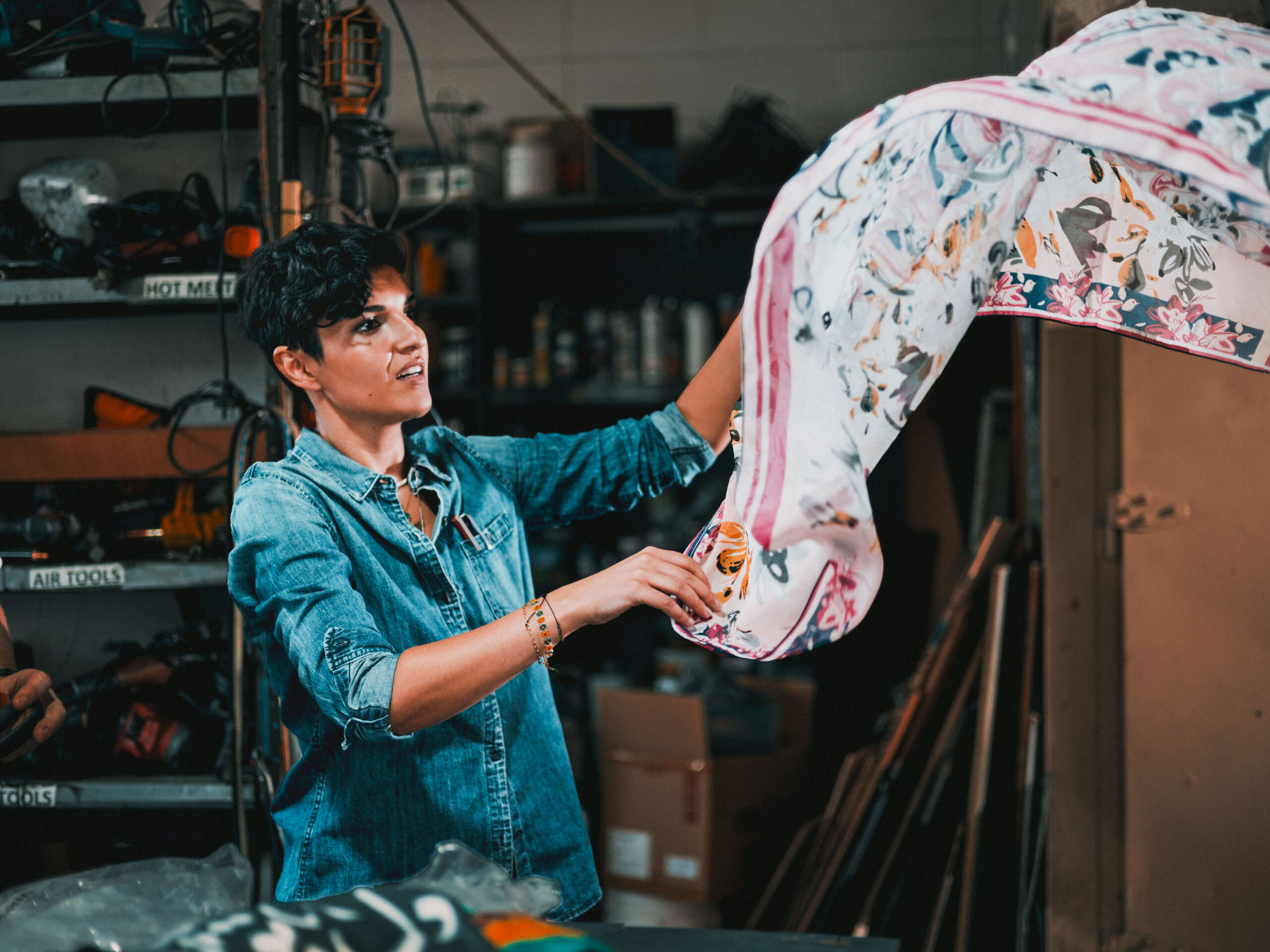
July 5, 2011
Knife Sharpening

Last week I was taught how to sharpen our kitchen knives by a wood carver, Howard Raybould, who’s been honing his technique for 30 years. It’s the most useful skill I’ve acquired since learning how to ride a bike.
Howard arrived bearing: a wooden board; a clamp to attach the board to the table with; a damp cloth to put on the board; a small oilcan with paraffin oil in it (diluted), a sharpening stone, 10 inches long, smoother on one side than the other, a metal file with a wooden handle (hard but fragile), a tube of metal polish, a leather belt for polishing the knives and a not very clean cleaning rag. The small blackboard was for drawing pictures of knife edges on. We already had the steel.
Two hours later I had learned: a) The rudiments of how to sharpen knives. b) That it’s pointless running your finger across the blade to judge its sharpness, use your eyes. c) You use the steel towards the end not at the beginning. d) That the best angle to sharpen the knife is this one, and absolutely not that one — even though the two angles are very similar, and e) that it’s not possible to learn knife sharpening and write meaningful notes about the subject at the same time.
Now all I need is 30 years practice and I’ll be as good as Howard is. And maybe by then I’ll be able to teach you.

Observed
View all
Observed
By John Thackara
Related Posts

Business
Courtney L. McCluney, PhD|Essays
Rest as reparations: reimagining how we invest in Black women entrepreneurs

Design Impact
Seher Anand|Essays
Food branding without borders: chai, culture, and the politics of packaging

Graphic Design
Sarah Gephart|Essays
A new alphabet for a shared lived experience

Arts + Culture
Nila Rezaei|Essays
“Dear mother, I made us a seat”: a Mother’s Day tribute to the women of Iran
Recent Posts
Candace Parker & Michael C. Bush on Purpose, Leadership and Meeting the MomentCourtney L. McCluney, PhD|Essays
Rest as reparations: reimagining how we invest in Black women entrepreneurs Food branding without borders: chai, culture, and the politics of packaging Why scaling back on equity is more than risky — it’s economically irresponsibleRelated Posts

Business
Courtney L. McCluney, PhD|Essays
Rest as reparations: reimagining how we invest in Black women entrepreneurs

Design Impact
Seher Anand|Essays
Food branding without borders: chai, culture, and the politics of packaging

Graphic Design
Sarah Gephart|Essays
A new alphabet for a shared lived experience

Arts + Culture
Nila Rezaei|Essays
